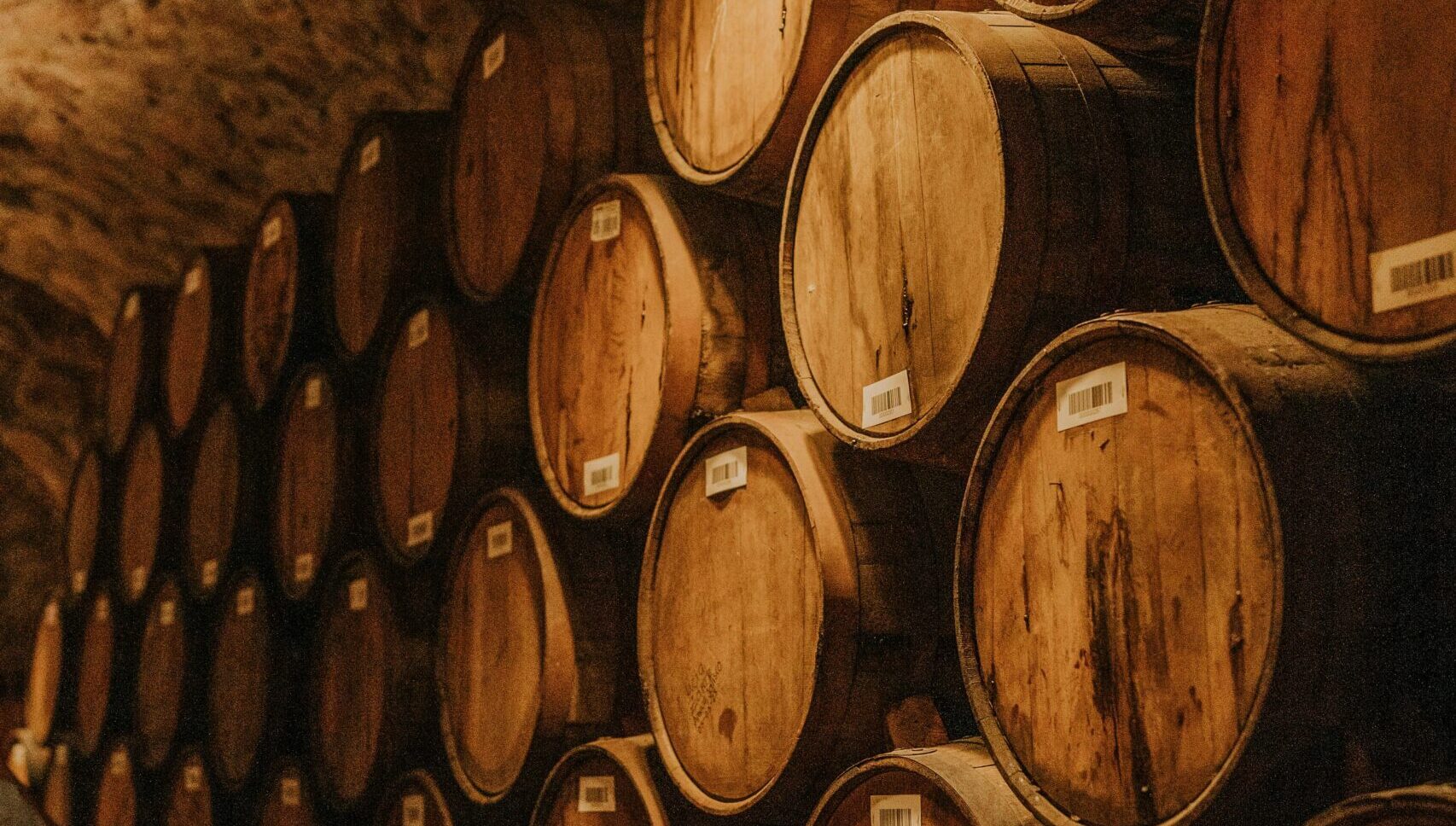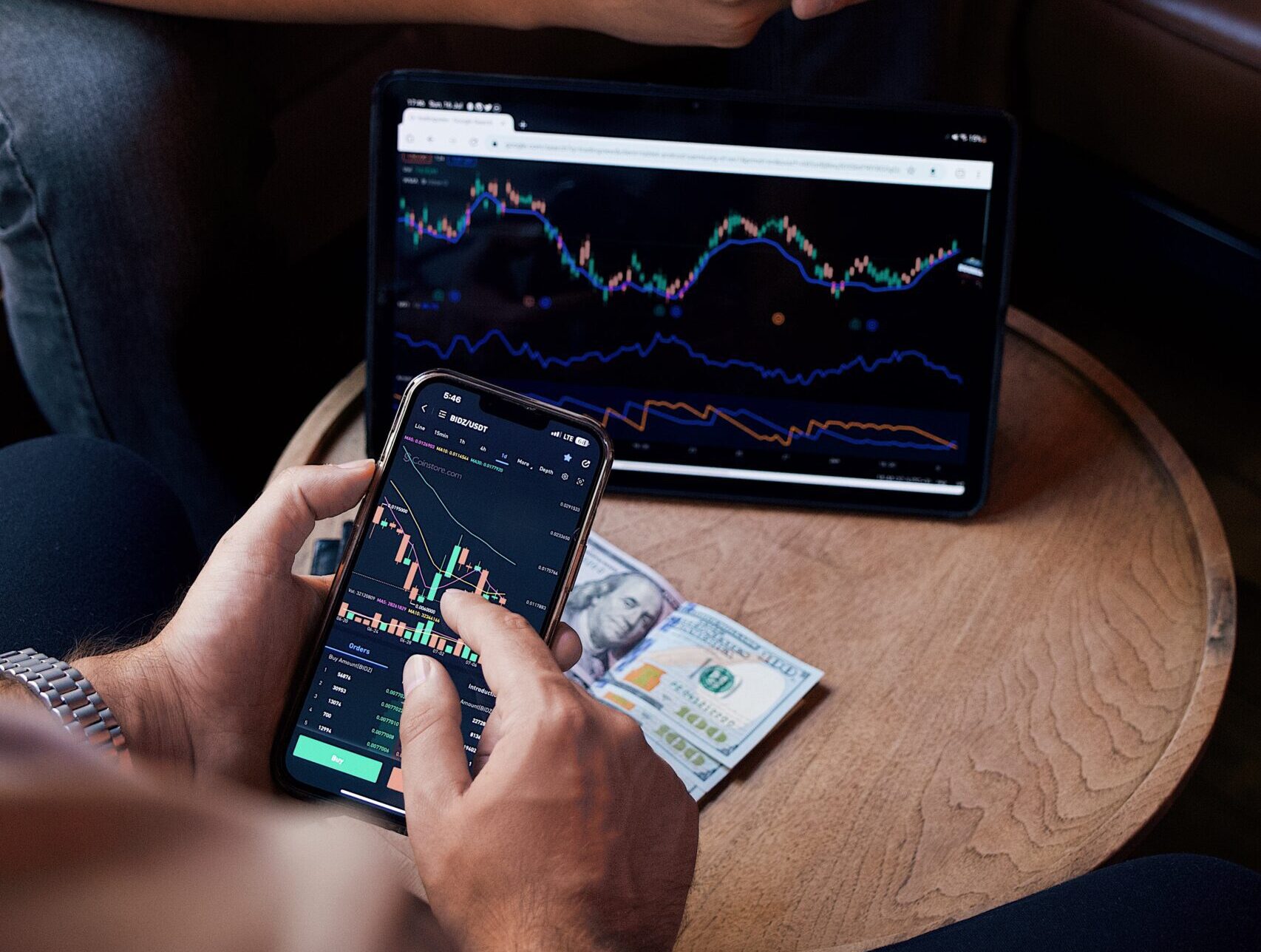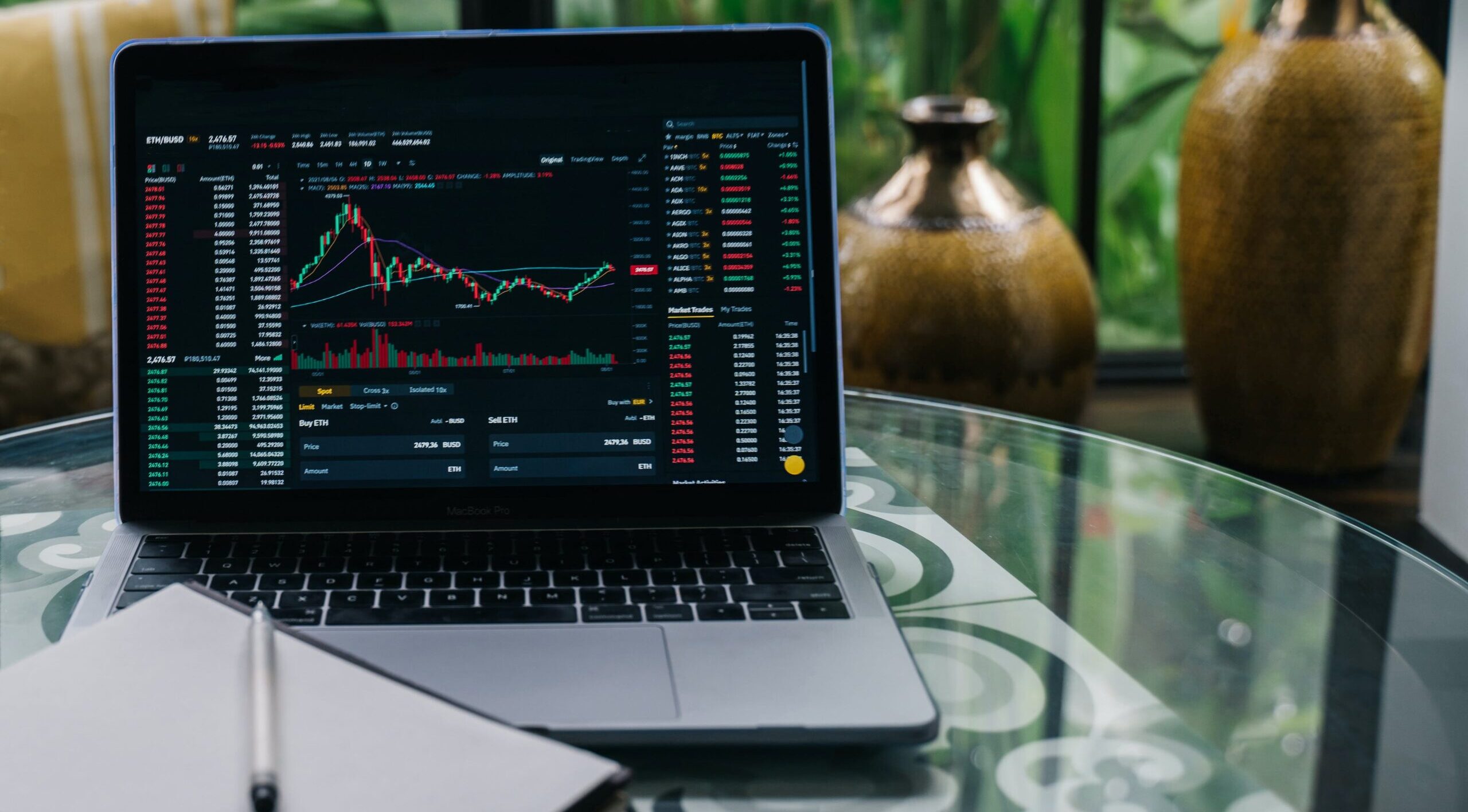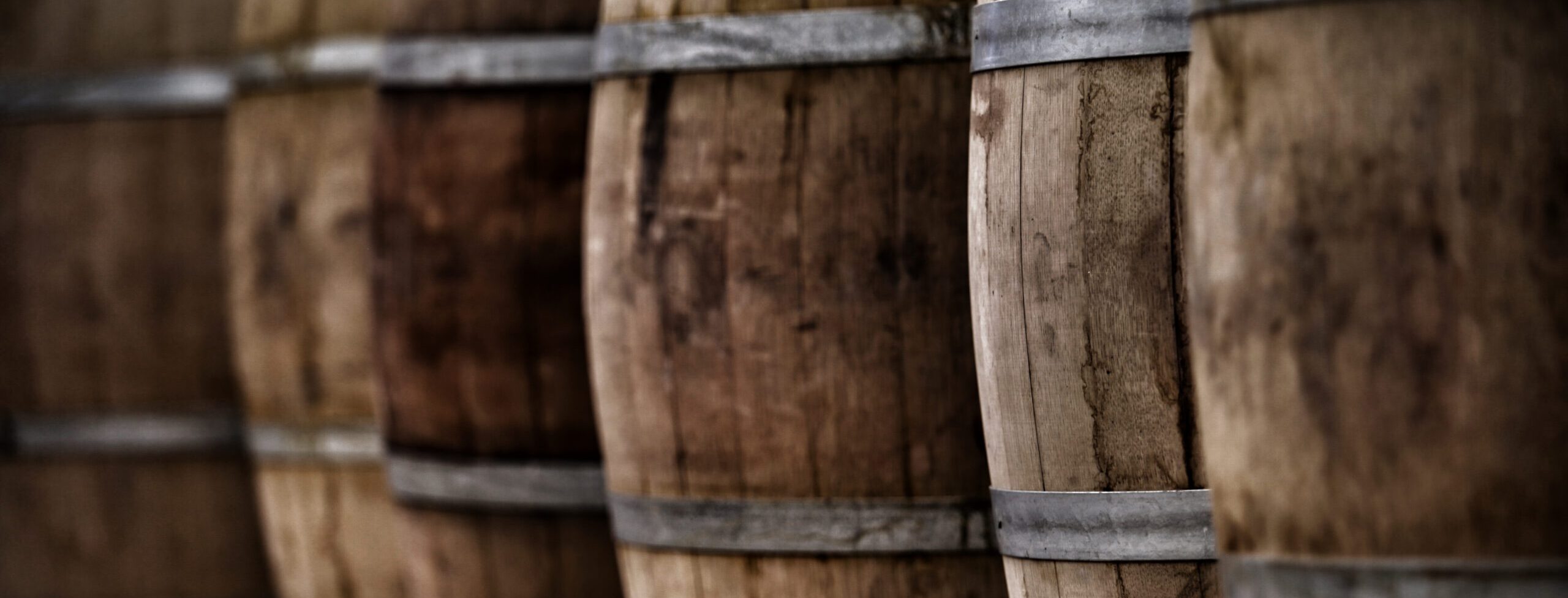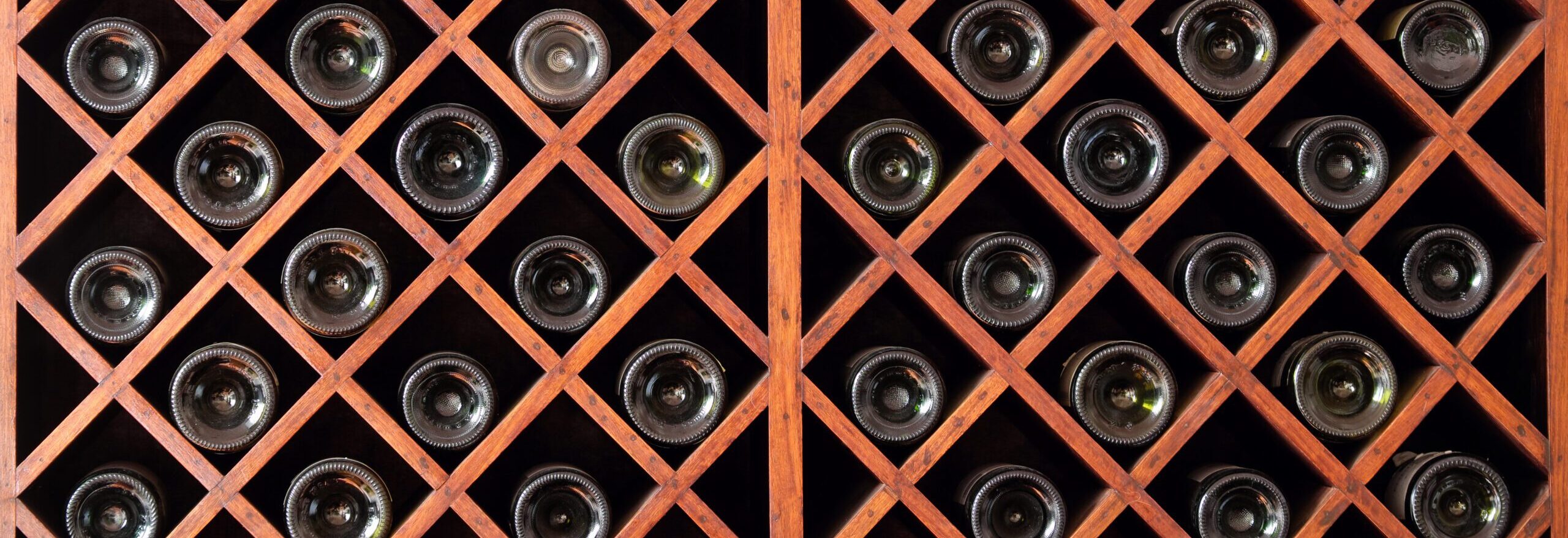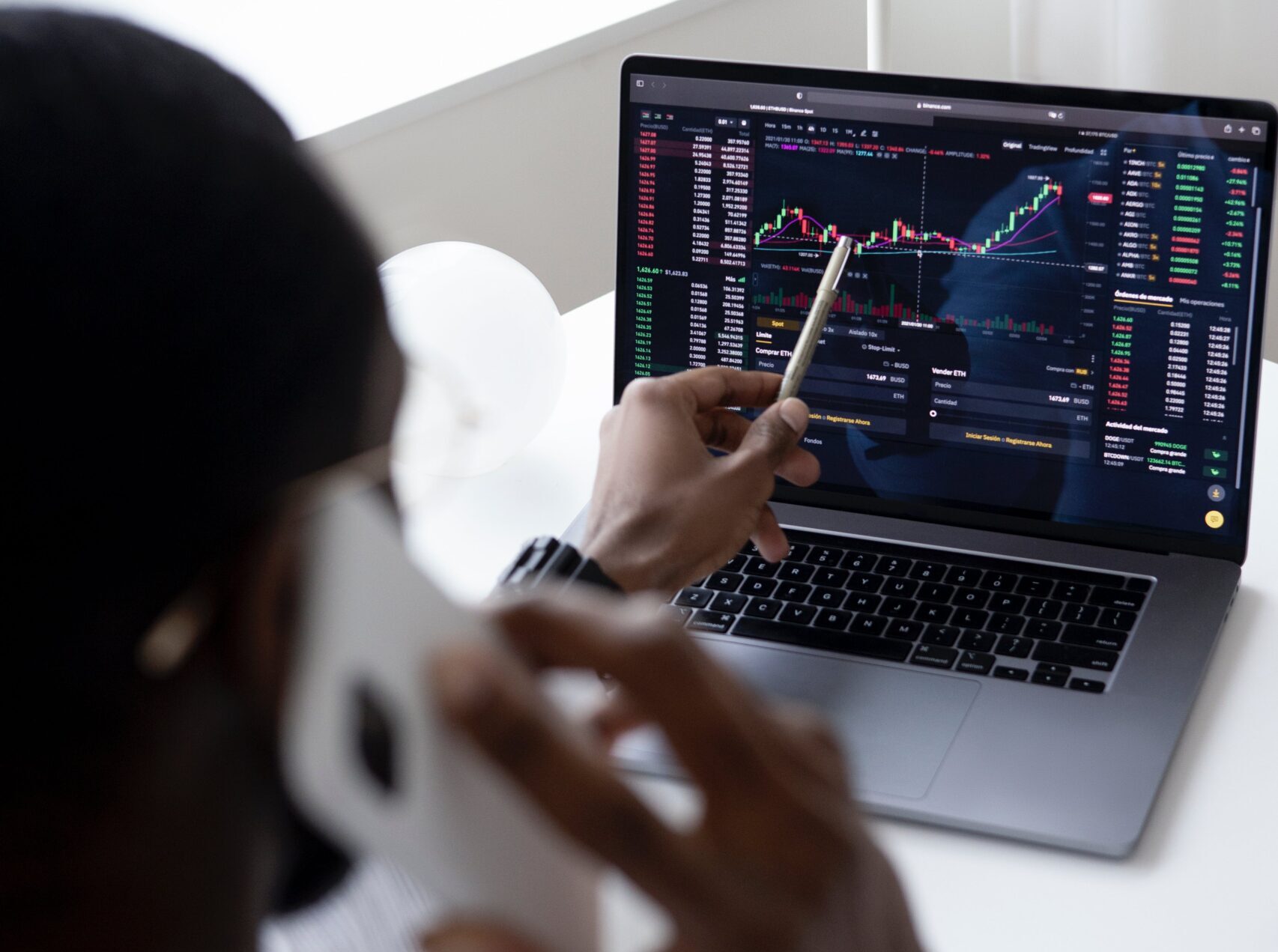Different people collect all manner of different things for a wild and varied array of reasons. And wine is no different.
Not only do individuals collect wines for their own personal reasons, but both historical and cultural influences are often at play.
For example, the United Kingdom has a long affinity with Bordeaux, Champagne and Port. In the United States of America both Italian wines and those grown domestically have long been popular. Meanwhile, in mainland China and other parts of Asia, wines with names or labels associated with the Chinese zodiac or vintages with propitious numbers such as ‘8’, often see spikes in demand.
Building your own cellar, there is no need for you to abide by any of these templates. Truly excellent fine wines are now made around the world and the demand for fine wines means there is an active, global secondary market.
But a varied cellar, which appeals to a wide array of buyers, will help ensure the value of your collection remains robust.
But, putting the style or origin of a wine aside, there are some universal factors that help make a wine ‘collectable’. Let’s take a look at those.

 Learn
Learn
